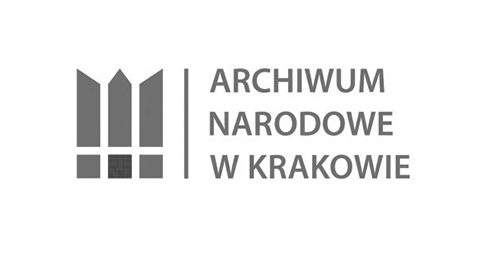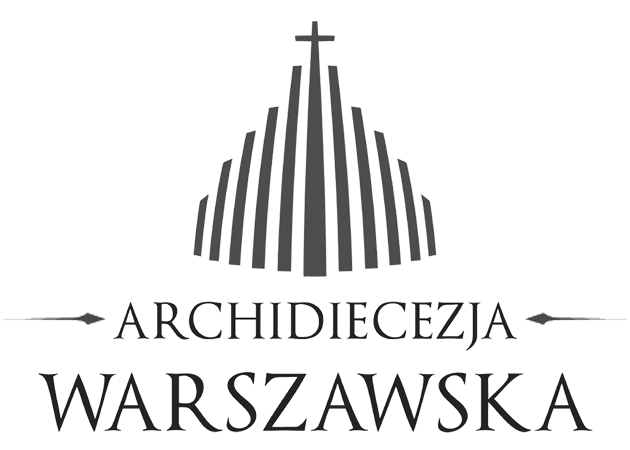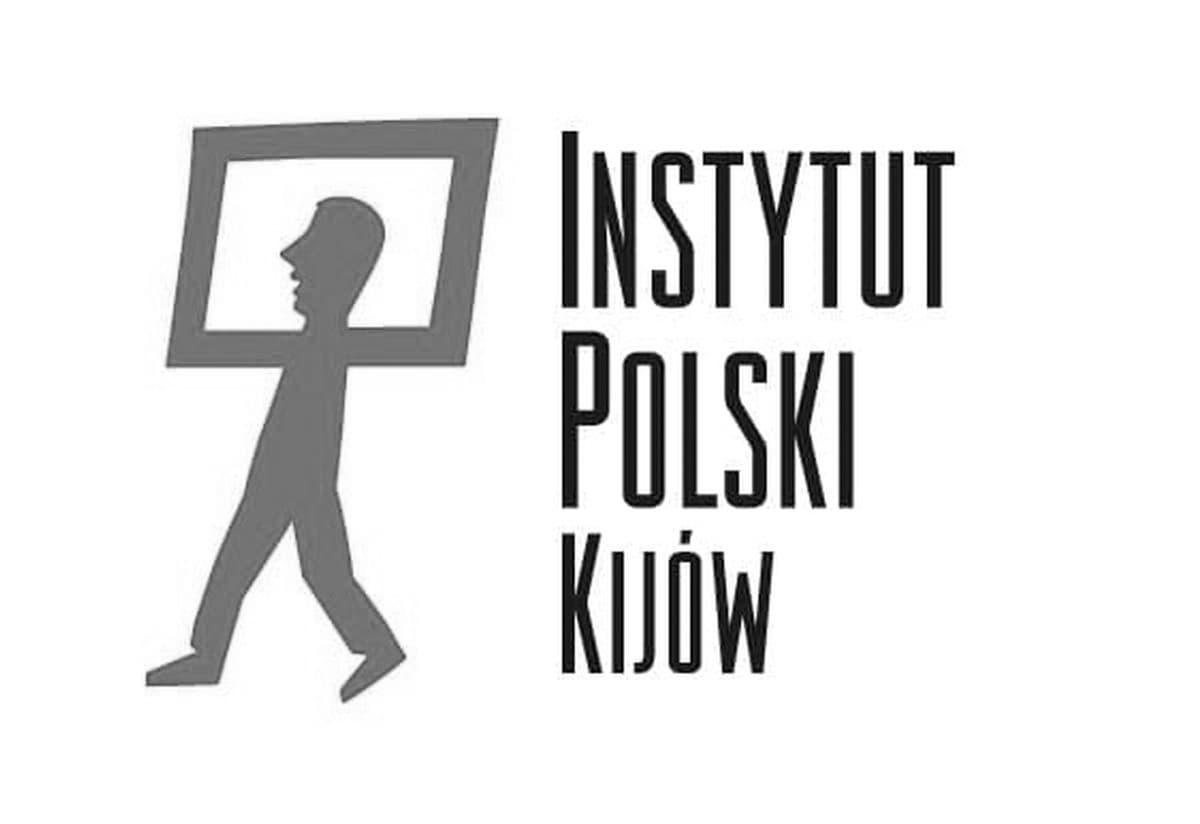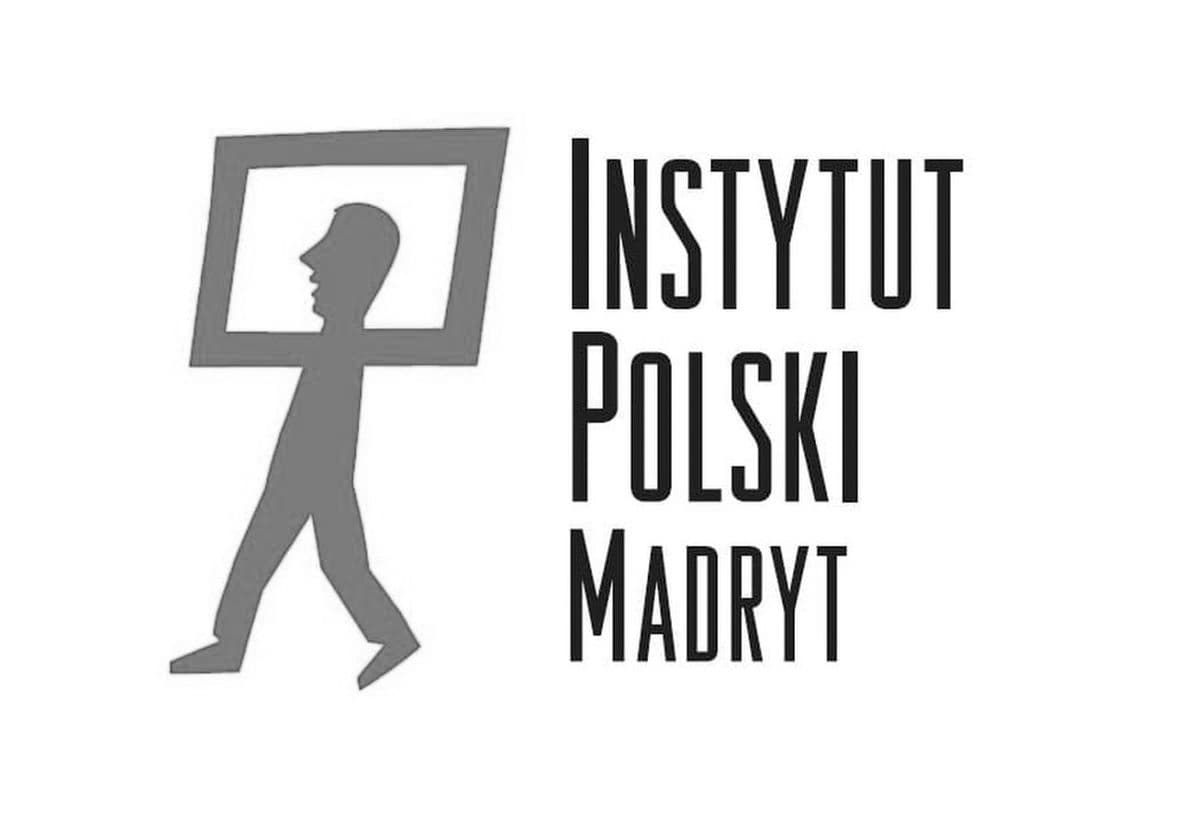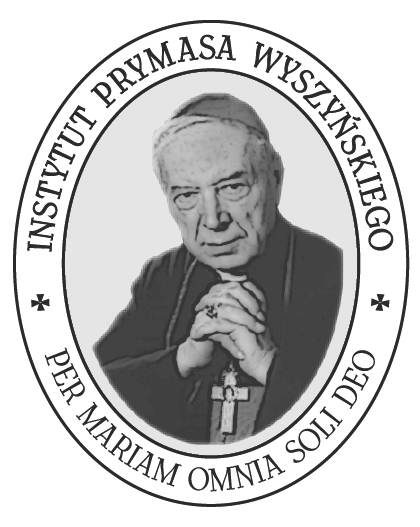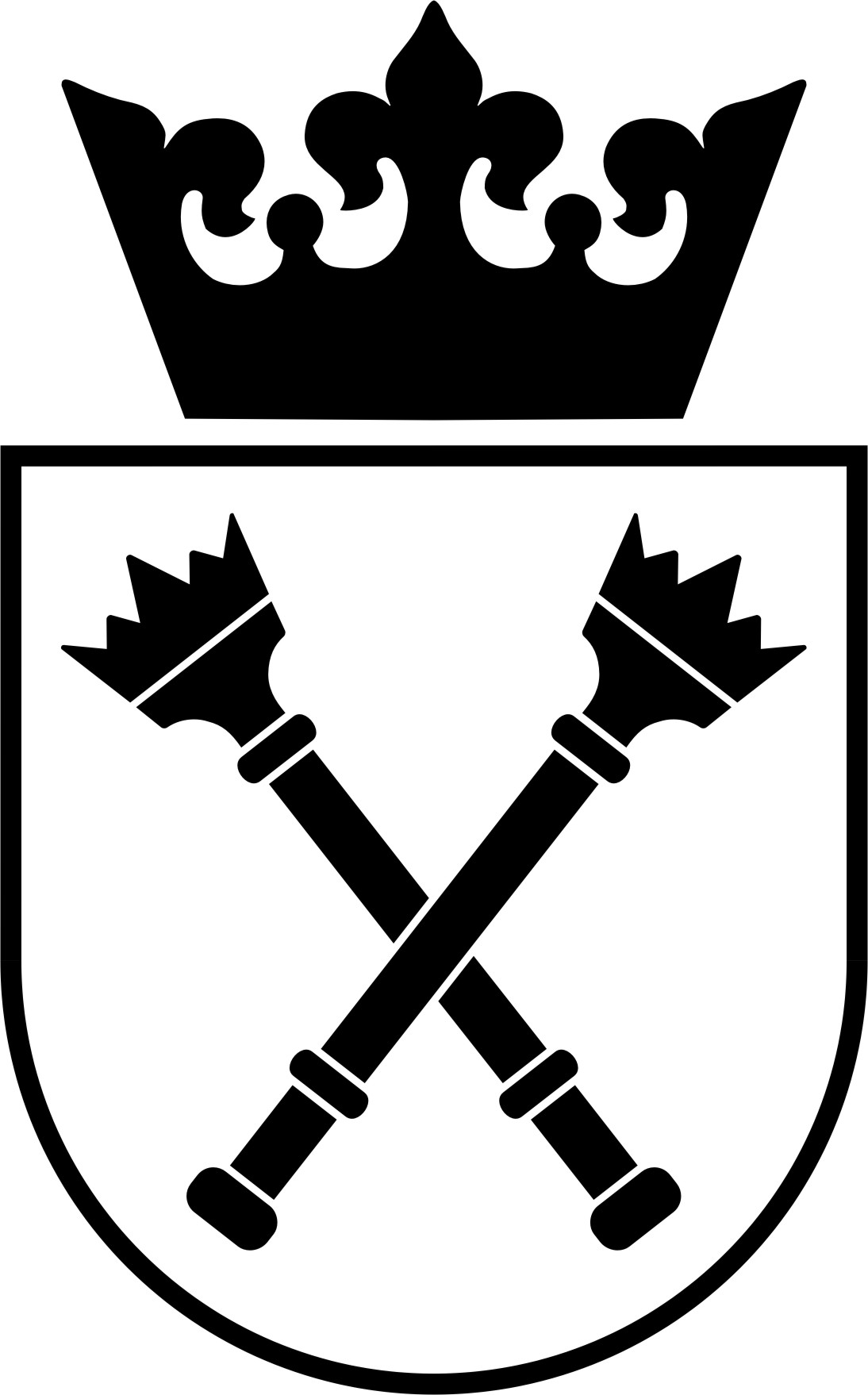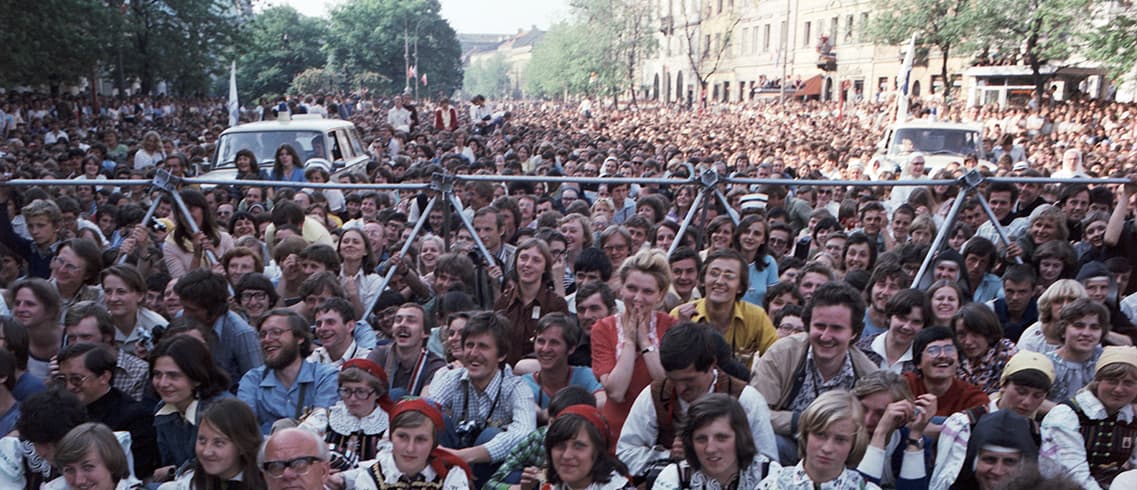Informations
Collection: Witnesses to the pontificate
Available languages: PL, EN, UK
Archive description
Transcription
Copyrights
Notes
Archive description
EN
Identification:
Reference code: 419/I/1/7/158
Owner signature: W/158/08/MD/136
Title: Archbishop Tadeusz Kondrusiewicz about St. John Paul II
Date: 2008-04-05
Size and medium: 1,22 GB; MP4
Creator's name: Centrum Myśli Jana Pawła II
Repository: Centrum Myśli Jana Pawła II
Content: RECORDING DURATION:
00:28:31
JOURNALIST:
Patrycja Michońska - Sławomir Dynek
CAMERAMAN:
Piotr Wolski
FILMED AT:
bd
Short biographical note:
Archbishop Tadeusz Kondrusiewicz (1946) - comes from a Polish family living in the Grodno region (Belarus, then the USSR). Ordained in the Kaunas Seminary (1976), he first served in parishes in Vilnius and Druskininkai, and then in Grodno. In 1989 he became an apostolic administrator of the Diocese of Minsk, receiving the bishop's sacrament from the hands of John Paul II in the Vatican. He worked on the revival of the Church destroyed by communism in Belarus.
In the years 1991-2002 he was an apostolic administrator in Moscow, responsible for the reconstruction of Church structures in Russia. After the papal decision to establish the Archdiocese of Moscow - Archbishop Metropolitan until September 2007, when Pope Benedict XVI transferred him back to Belarus as Archbishop Metropolitan of Minsk-Mohylevsky.
Summary:
Information about the election of John Paul II in the Lithuanian Seminary. Assassination attempt on John Paul II. The difficult situation of the Catholic Church in the former USSR, John Paul II's knowledge of this situation, the Fatima prophecy about Russia. The words of John Paul II to the interlocutor after the bishop's consecration.
The Pope's pilgrimages to the countries of the former USSR and impossibility to visit Russia. The depth of John Paul II's prayer and concentration during the mass. The Pope's jokes. Visits to the Gemelli polyclinic. Memories of the Pope’s death and funeral.
Diplomacy of the Pope, interreligious dialogue and ecumenism. John Paul II’s holiness and teaching.
General:
Persons index:
Geographical index:
Make comments
Project implemented by: 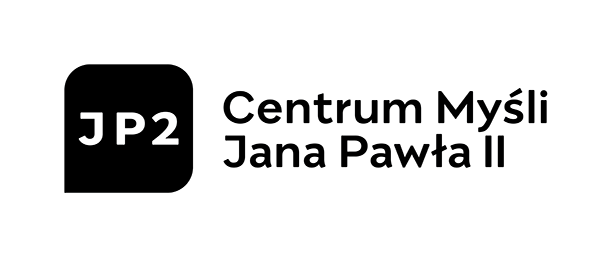

Project co-financed by: 

Patronage: 

Partners: 
